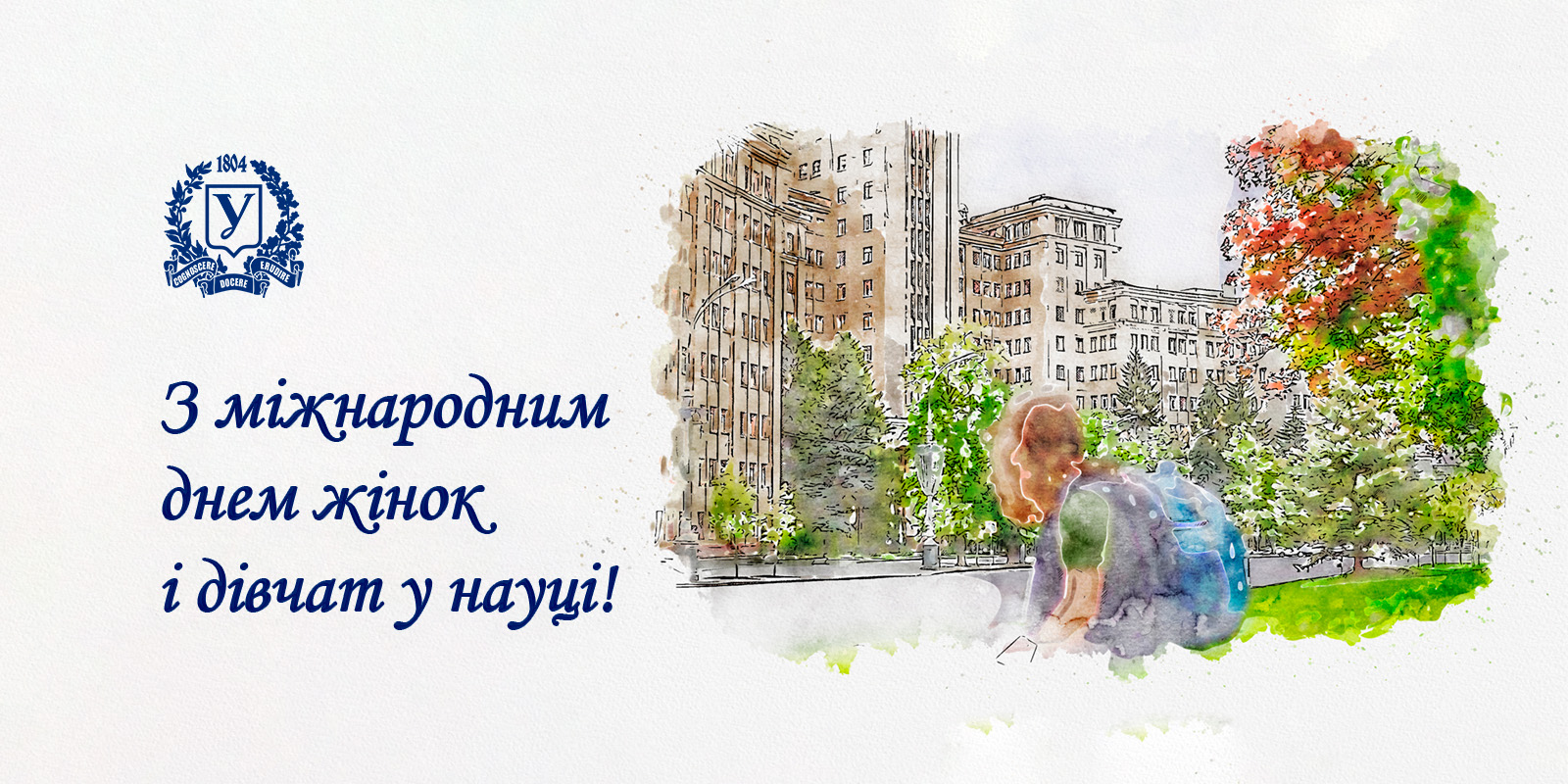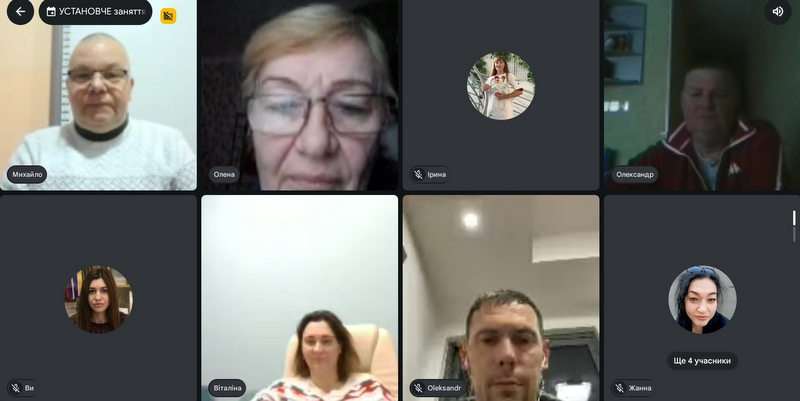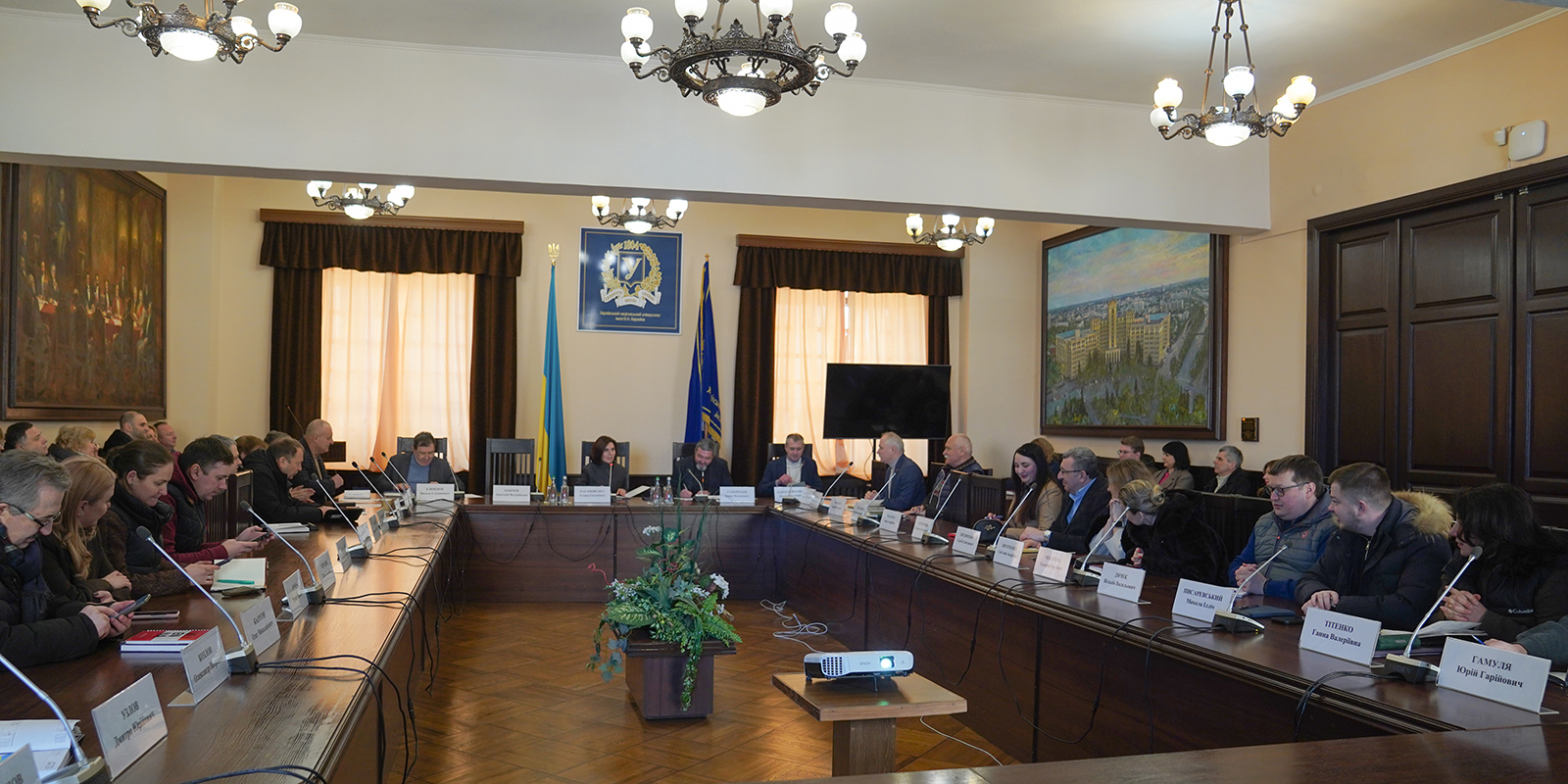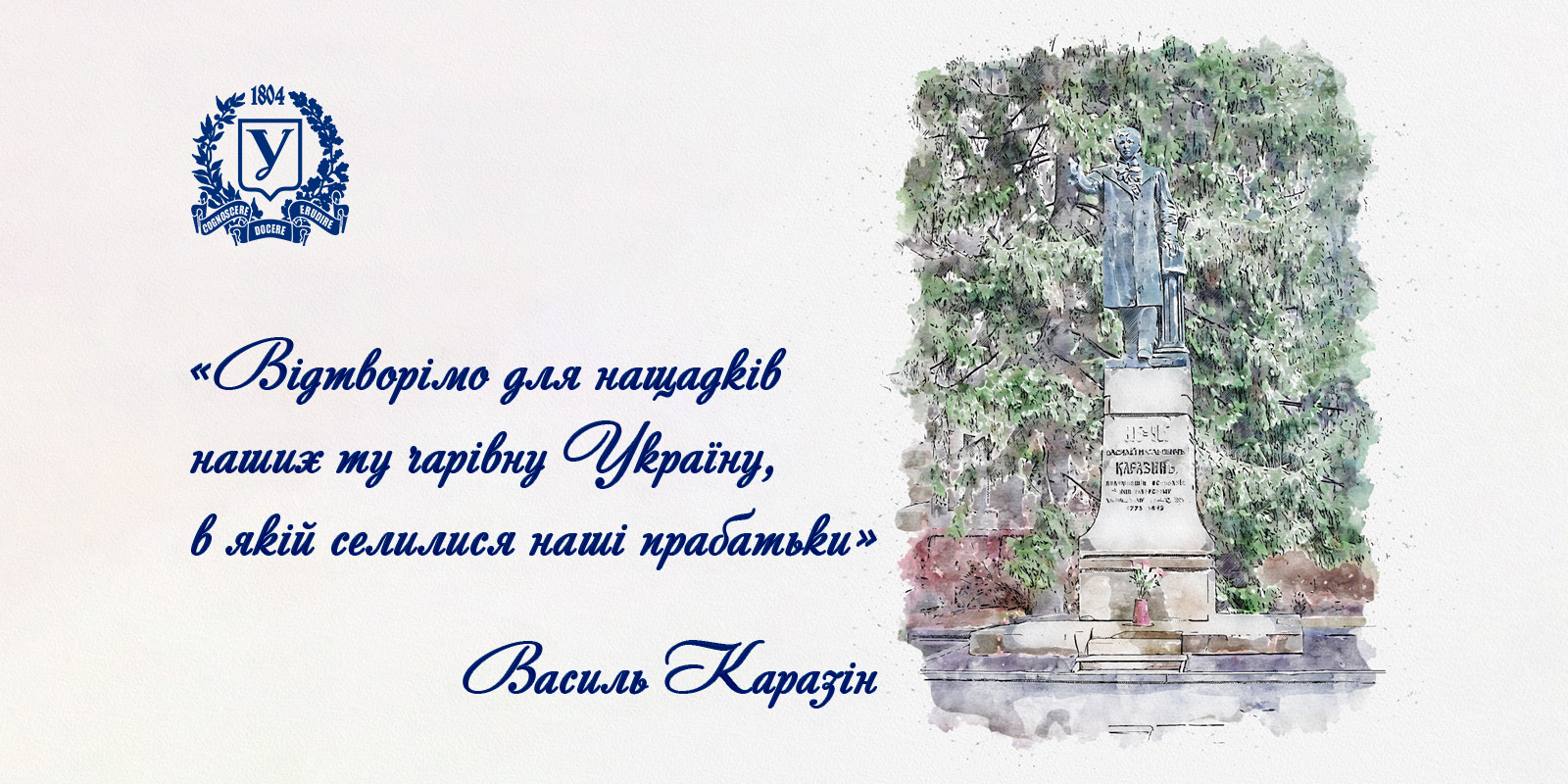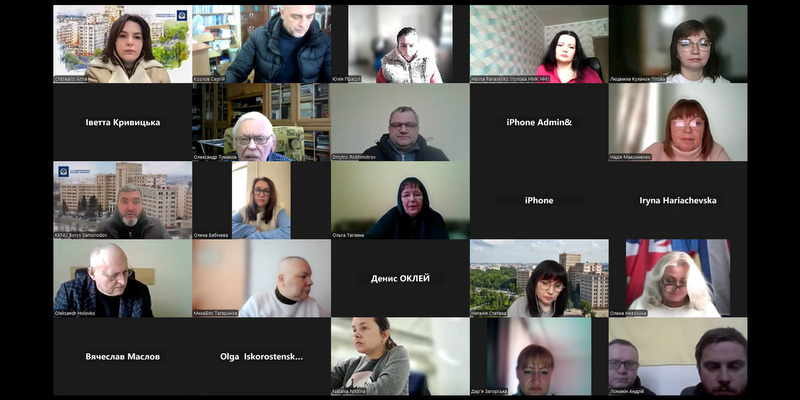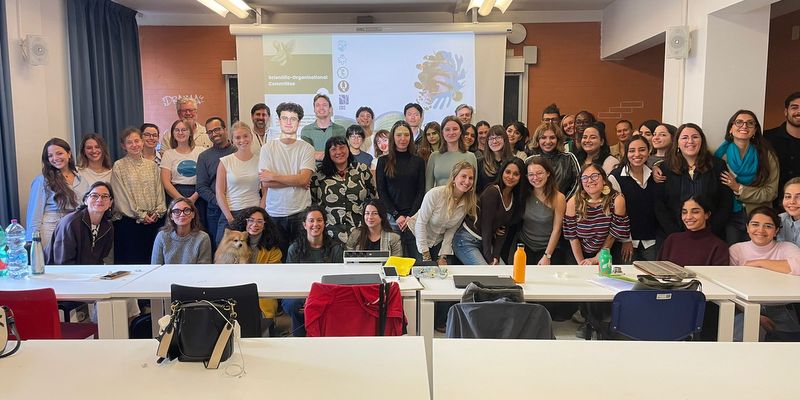%20%20%D0%B6%D0%B8%D1%82%D0%BD.jpg)
Scientific Horizons of Karazin: An Interview with Olga Zhytnyakivska, a Recipient of the Scholarship for Young Scientists of the Cabinet of Ministers of Ukraine
Despite challenging times for Ukraine, Karazin University researchers continue to work and gain recognition.
According to Resolution No. 6 of the Presidium of the Committee on State Prizes of Ukraine in Science and Technology named after Borys Paton, dated November 5, 2024, scholarships from the Cabinet of Ministers of Ukraine were awarded and extended to 264 young scientists. Among the recipients are two scientists from Karazin University: Olga Zhytnyakivska and Uliana Tarabara, representatives of the Education and Research Institute "School of Physics and Technology."
Associate Professor Olga Zhytnyakivska, PhD in Physics and Mathematics, is an alumna of the School of Physics and Technology and the School of Economics. From 2011 to 2014, she pursued postgraduate studies at the Department of Nuclear and Medical Physics at V. N. Karazin Kharkiv National University. In 2015, she successfully defended her PhD dissertation titled "Interaction of New Fluorescent Probes with Model Membranes." She is the recipient of numerous awards, including the Cabinet of Ministers of Ukraine Scholarship for Young Scientists, the I. Tarapov Prize for Young Researchers in Physics, the Yu. Sapronov Scholarship for Young Researchers in Physics, a grant for participation in the 17th CIMO Winter School at Tvärminne Zoological Station in Finland, and a CIMO grant for research at the Department of Biomedical Engineering and Computational Sciences, Aalto University (Helsinki, Finland) from 2013 to 2014. We spoke with Olga Anatoliivna to learn more about her scientific interests and achievements.
When you learned about receiving the Cabinet of Ministers of Ukraine Scholarship for Young Scientists, what did this award mean to you?
Good news is always received with joy, so I was, of course, very pleased with this wonderful news. It is a recognition of my work and scientific activities, so it was very gratifying to receive this award.
What is the focus of your scientific research, and why did you choose this field?
My research interests lie in the comprehensive study of the interaction of new fluorescent compounds with biological macromolecules. Additionally, I work on developing new fluorescent methods for detecting amyloid fibrils — specific protein aggregates that deposit in the brain and are associated with various neurodegenerative diseases such as Alzheimer's and Parkinson's. Another area of my research involves developing fluorescent nanosystems based on proteins for detecting heavy metal ions in water.
Have you faced challenges during your scientific work? How did you overcome them?
I haven’t faced significant challenges because I have a fantastic team that supports me. We work in a friendly and cohesive group, and I’m fortunate to have such colleagues. Of course, these are difficult times, and we are all under certain external pressures. Many people are scattered across different locations, and we lack free access to all necessary resources, so we have to adapt to new realities. It’s especially challenging on a moral level, but we are doing our best to achieve the highest results possible under these circumstances.
What motivates you to work in science and achieve outstanding results?
The main motivation for me is that science is never monotonous. I’ve always enjoyed experiments and dynamic work. Routine and monotonous tasks are not an appealing way of life for me. The modern world is fast-paced and constantly changing, and it’s best to be a driver of these changes. That’s why choosing scientific work, which requires development and the pursuit of the new, was the most logical and well-considered choice for me. In science, you are not always working on the same thing; you adapt to changes and consider what’s happening in the world. It’s incredibly exciting to discover new information and explore the research and achievements of other scientists. This is the factor that makes scientific life interesting and inspiring.
How would you assess the prospects for young scientists in Ukraine? What more can be done to support their activities? Could you give advice to young researchers just starting their careers?
This is a rather complex question because there aren’t many initiatives in Ukraine that support the work of young scientists. There are a few scholarship programs offering different types of scholarships. However, when it comes to research project competitions for young scientists, there is essentially only one — organized by the Ministry of Education and Science of Ukraine. We regularly apply for this competition because there are currently no similar initiatives specifically aimed at young researchers. This is important because it’s difficult for young scientists to compete with more experienced colleagues. Therefore, supporting and creating new initiatives to fund young scientists’ projects is extremely relevant and necessary. This could significantly expand opportunities for the development of young researchers in Ukraine.
What are your primary scientific goals for the next few years?
My immediate priority is to complete my doctoral dissertation. However, given the current circumstances, it is difficult to plan ahead. So, we are putting in maximum effort in the present situation and hope for a peaceful future when it will be possible to outline clearer plans.



.jpg)
%20(1).jpg)
.png)
.png)
